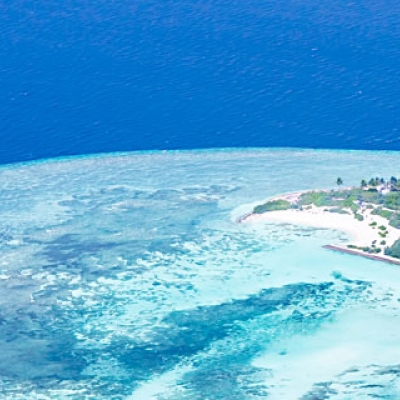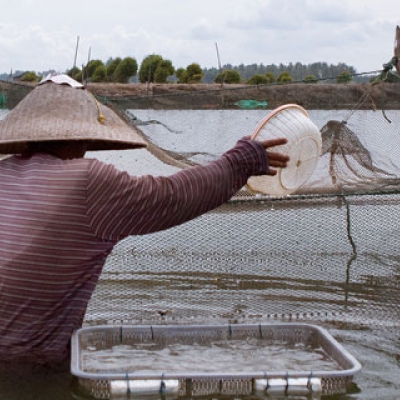
Corrupt and Ineffective Development Investment
By Bruce Rich / On April 12th, 2016
After some seven decades of mixed results in development assistance, there is a growing consensus that the greatest challenge is governance—in both the recipient and the donor countries.




